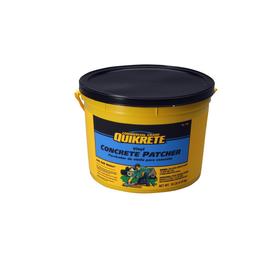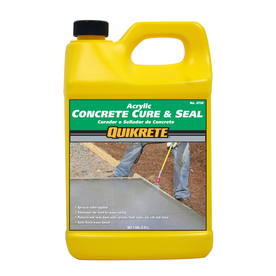I have noticed a few small cracks on my crown while cleaning the stack last spring. Now that it's getting closer to burning season, I need to seal it. I know they sell "Crown Seal" and "Crown Coat" but it is $130-$150 for a 2 gallon jug. Has anyone here used this stuff? The description sounds like nothing more than elastomeric roofing patch that you can get at lowes for $20. I was there today and they carry a white elastomeric patch in a spray/roll on application and also a trowelable application patch. Could I use this instead? (I'm not cheap, just don't want to pay that much extra for the same(?) stuff, under a different label, just because it's a "specialty" item). When I had the stove installed 2 years ago, the installer wanted to charge me $300 to put it on.
Thanks,
Thanks,



